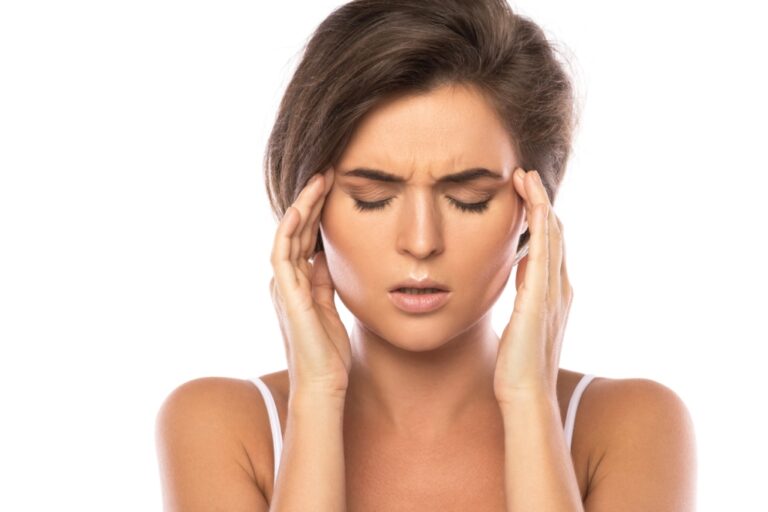How long does concussion recovery take?
In most cases, recovering from a concussion can take anywhere between 7 to 10 days. However, not getting enough rest or avoiding following the doctor’s recommendations, recovery can take a bit longer.
Additionally, some people can develop post-concussion syndrome. Having this condition can add weeks or months to your recovery time. You can experience other concussion symptoms, like headaches, poor memory or concentration, or sensitivity to noise, or any other symptoms of a concussion throughout this time.
How can I speed up concussion recovery?
If you’re already working with a doctor in treating a concussion, it’s recommended you check in with them first for specific tips and strategies. They can inform you whether or not the following strategies may benefit you:
- Limit your exposure to fluorescent lights and harsh sounds. Following a concussion, you may notice being especially sensitive to loud noises and bright lights. When possible, avoid bright fluorescent lighting, loud music, and crowded rooms while you recover. Give your body the time it needs to heal and prevent any sensitivities from worsening.
- Stay hydrated. Some evidence shows that being dehydrated can increase the risk of getting a concussion, so it may be a good idea to stay hydrated throughout your recovery as well. Not only is it beneficial for your health in general, but especially when your body is trying to heal.
- Avoid any unnecessary movement of your head and neck. These are the same motions that can cause a concussion, so try to avoid any movements that cause your head and neck to jostle around. Minimizing them allows your brain to recover appropriately. Although some of them are difficult to avoid, steer clear of any excessive physical activity for a few weeks.
- Reduce screen time. The eye strain that comes from looking at bright lights can sometimes make symptoms of concussions worse, especially headaches. Throughout your recovery, do your best to limit the amount of time spent watching TV, looking at your phone, or working on your computer. If you’re having trouble sleeping, try to avoid screen time for two hours before bedtime.
- Getting quality rest may be the most important thing you can do. Reducing stress levels and giving your mind and body plenty of rest can help you recover quicker. Stay away from any strenuous exercise and avoid heavy lifting when possible.
- Eat more protein. Research suggests that eating protein throughout your recovery can help improve some of the cognitive symptoms of a concussion. Branched-chain amino acids, also known as the building blocks of proteins, can be found in nuts, fish, beans, and meats.
- Eat foods rich in omega-3s. Not only are omega- 3 fatty acids good for your health overall, but they’re also linked to improving cognition and the recovery of neurons. Foods like salmon, flax seeds, walnuts, and chia seeds are great ways to increase your intake of omega 3.
The bottom line
Be patient with yourself. Although it’s tempting, resist the urge to jump back into your day-to-day routine. However, giving your body and mind the rest it needs can help you get back to your everyday life much quicker. Use this time to catch up on sleep and take it easy.
The team at Abbey Neuropsychology Clinic has extensive experience performing in-depth neuropsychological testing to determine the extent and location of your brain trauma and developing customized treatment that rehabilitates your brain and supports your recovery. To learn more about concussion rehabilitation, call the office today. We offer many types of therapy to work through any difficulties that linger after your concussion.
If you need help following a concussion, call Abbey Neuropsychology Clinic today.
Resources
https://www.healthline.com/health/how-long-do-concussions-last
https://journals.sagepub.com/doi/full/10.1177/2059700220939404
https://www.cdc.gov/headsup/pdfs/providers/facts_about_concussion_tbi-a.pdf
https://www.cognitivefxusa.com/blog/nutrition-for-post-concussion-syndrome






